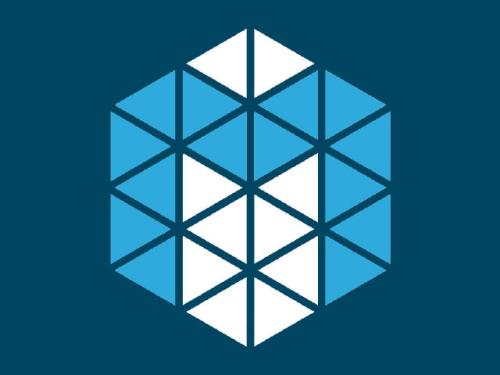One of the main challenges in deep learning-based underwater image enhancement is the limited availability of high-quality training data. Underwater images are difficult to capture and are often of poor quality due to the distortion and loss of colour and contrast in water. This makes it difficult to train supervised deep learning models on large and diverse datasets, which can limit the model's performance. In this paper, we explore an alternative approach to supervised underwater image enhancement. Specifically, we propose a novel unsupervised underwater image enhancement framework that employs a conditional variational autoencoder (cVAE) to train a deep learning model with probabilistic adaptive instance normalization (PAdaIN) and statistically guided multi-colour space stretch that produces realistic underwater images. The resulting framework is composed of a U-Net as a feature extractor and a PAdaIN to encode the uncertainty, which we call UDnet. To improve the visual quality of the images generated by UDnet, we use a statistically guided multi-colour space stretch module that ensures visual consistency with the input image and provides an alternative to training using a ground truth image. The proposed model does not need manual human annotation and can learn with a limited amount of data and achieves state-of-the-art results on underwater images. We evaluated our proposed framework on eight publicly-available datasets. The results show that our proposed framework yields competitive performance compared to other state-of-the-art approaches in quantitative as well as qualitative metrics. Code available at https://github.com/alzayats/UDnet .
翻译:暂无翻译



